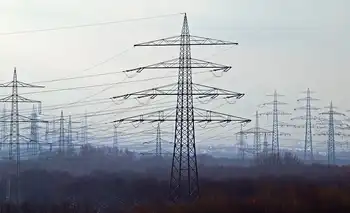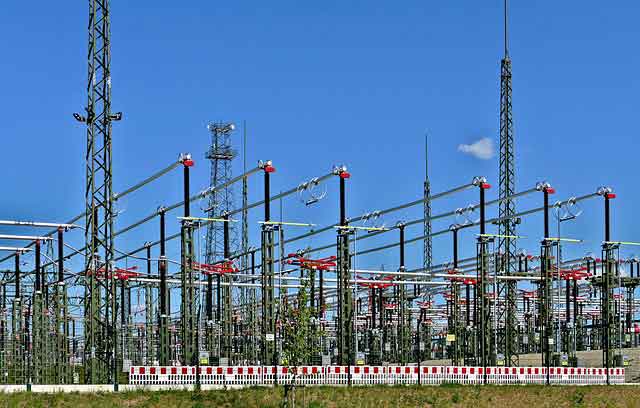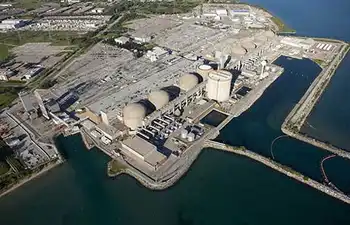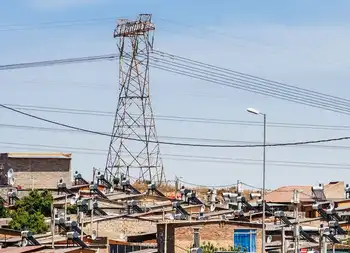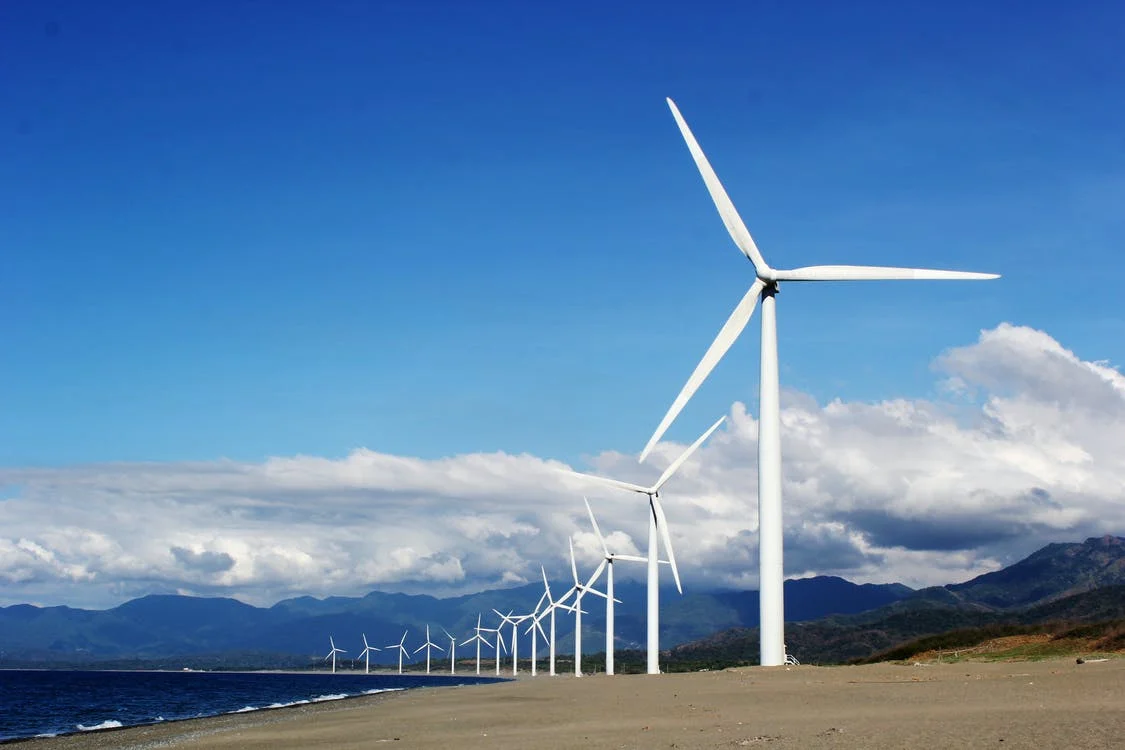Why Canada's Energy Security Hinges on Renewables

Electrical Testing & Commissioning of Power Systems
Our customized live online or in‑person group training can be delivered to your staff at your location.

- Live Online
- 12 hours Instructor-led
- Group Training Available
Renewable Energy Security strengthens affordability and grid reliability through electrification, wind, and solar, reducing fossil fuel volatility exposed by the Ukraine crisis, aligning with IEA guidance and the Paris Agreement to deliver resilient, low-cost power.
Key Points
Renewable energy security is reliable, affordable power from electrification, wind and solar, cutting fossil fuel risk.
✅ Wind and solar now outcompete gas for new power capacity.
✅ Diversifies supply and reduces fossil price volatility.
✅ Requires grid flexibility, storage, and demand response.
Oil, gas, and coal have been the central pillar of the global energy system throughout the 20th century. And for decades, these fossil fuels have been closely associated with energy security.
The perception of energy security, however, is rapidly changing. Renewables form an increasing share of energy sectors worldwide as countries look to deliver on the Paris Agreement and mitigate the effects of climate change, with IEA clean energy investment now significantly outpacing fossil fuels. Moreover, Russia’s invasion of Ukraine has demonstrated how relying on fossil fuels for power, heating, and transport has left many countries vulnerable or energy insecure.
The International Energy Agency (IEA) defines energy security as “the uninterrupted availability of energy sources at an affordable price” (IEA, 2019a). This definition hardly describes today’s global energy situation, with the cancellation of natural gas deliveries and skyrocketing prices for oil and gas products, and with supply chain challenges in clean energy that also require attention. These circumstances have cascading effects on electricity prices in countries like the United Kingdom that rely heavily on natural gas to produce electricity. In Europe, energy insecurity has been even further amplified since the Russian corporation Gazprom recently cut off gas supplies to several countries.
As a result, energy security has gained new urgency in Canada and worldwide, creating opportunities in the global electricity market for Canada. Recent events provide a stark reminder of the volatility and potential vulnerability of global fossil fuel markets and supply chains. Even in Canada, as one of the largest producers of oil and gas in the world, the price of fuels depends on global and regional market forces rather than government policy or market design. Thus, the average monthly price for gasoline in Canada hit a record high of CAD 2.07 per litre in May 2022 (Figure 1), and natural gas prices surged to a record CAD 7.54 per MMBtu in May 2022 (Figure 2).
Energy price increases of this magnitude are more than enough to strain Canadian household budgets. But on top of that, oil and gas prices have accelerated inflation more broadly as it has become more expensive to produce, transport, and store goods, including food and other basic commodities (Global News, 2022).
Renewable Energy Is More Affordable
In contrast to oil and gas, renewable energy can reliably deliver affordable energy, as shown by falling wholesale electricity prices in markets with growing clean power. This is a unique and positive aspect of today’s energy crisis compared to historical crises: options for electrification and renewable-based electricity systems are both available and cost-effective.
For new power capacity, wind and solar are now cheaper than any other source, and wind power is making gains as a competitive source in Canada. According to Equinor (2022), wind and solar were already cheaper than gas-based power in 2020. This means that renewable energy was already the cheaper option for new power before the recent natural gas price spikes. As illustrated in Figure 3, the cost of new renewable energy has dropped so dramatically that, for many countries, it is cheaper to install new solar or wind infrastructure than to keep operating existing fossil fuel-based power plants (International Renewable Energy Agency, 2021). This means that replacing fossil-based electricity generation with renewables would save money and reduce emissions. Wind and solar prices are expected to continue their downward trends as more countries increase deployment and learn how to best integrate these sources into the grid.
Renewable Energy Is Reliable
To deliver on the uninterrupted availability side of the energy security equation, renewable power must remain reliable even as more variable energy sources, like wind and solar, are added to the system, and regional leaders such as the Prairie provinces will help anchor this transition. For Canada and other countries to achieve high energy security through electrification, grid system operations must be able to support this, and pathways to zero-emissions electricity by 2035 are feasible.





